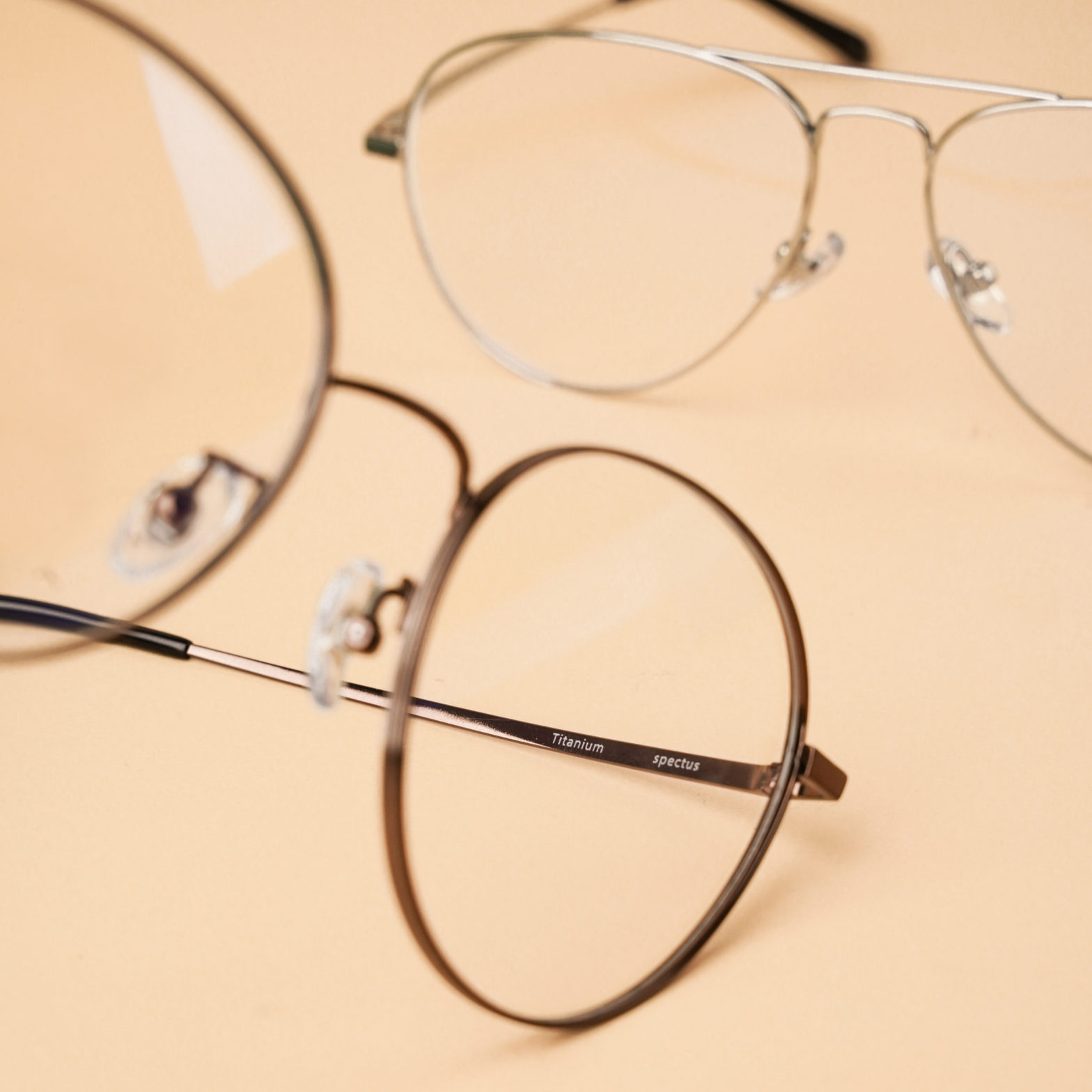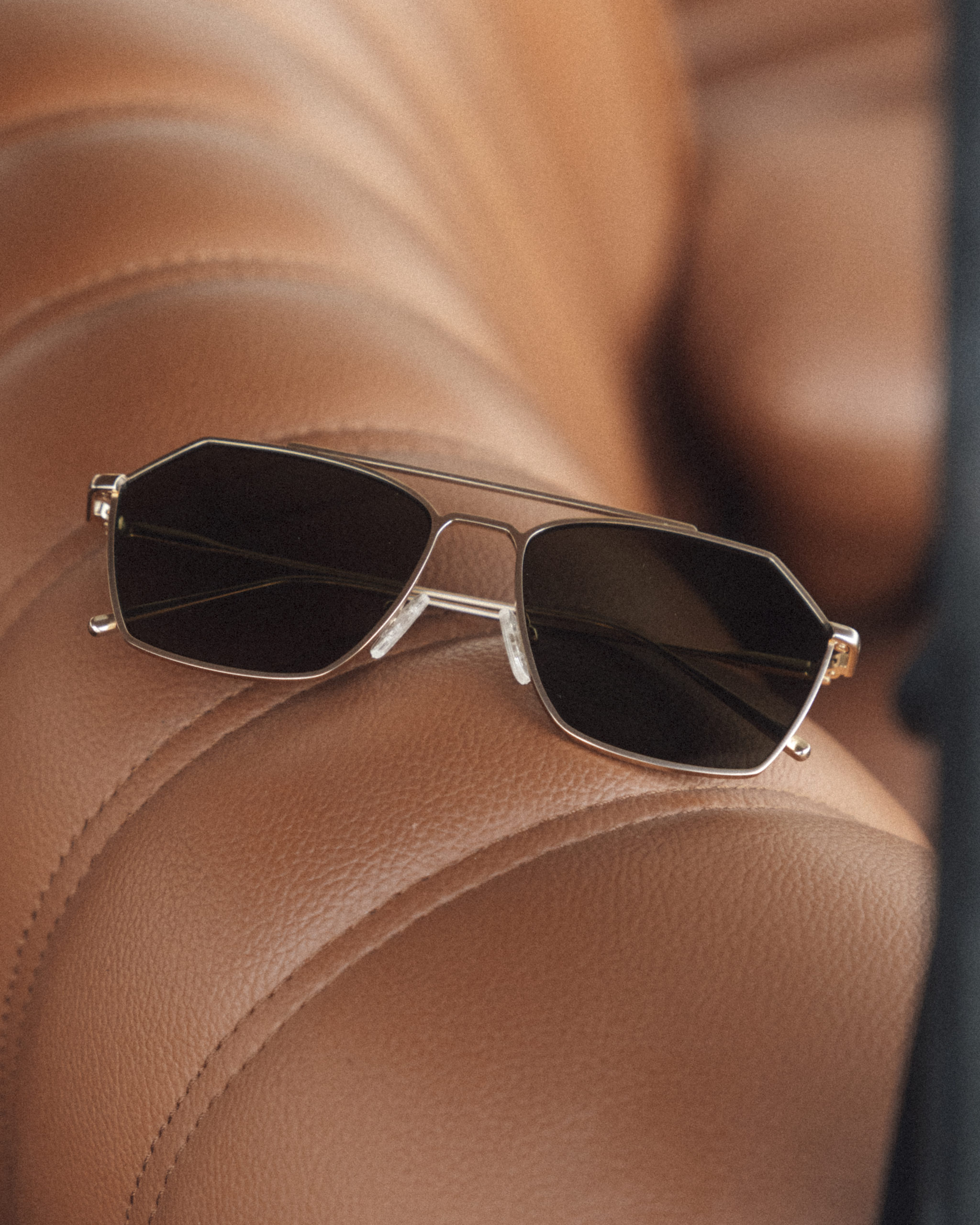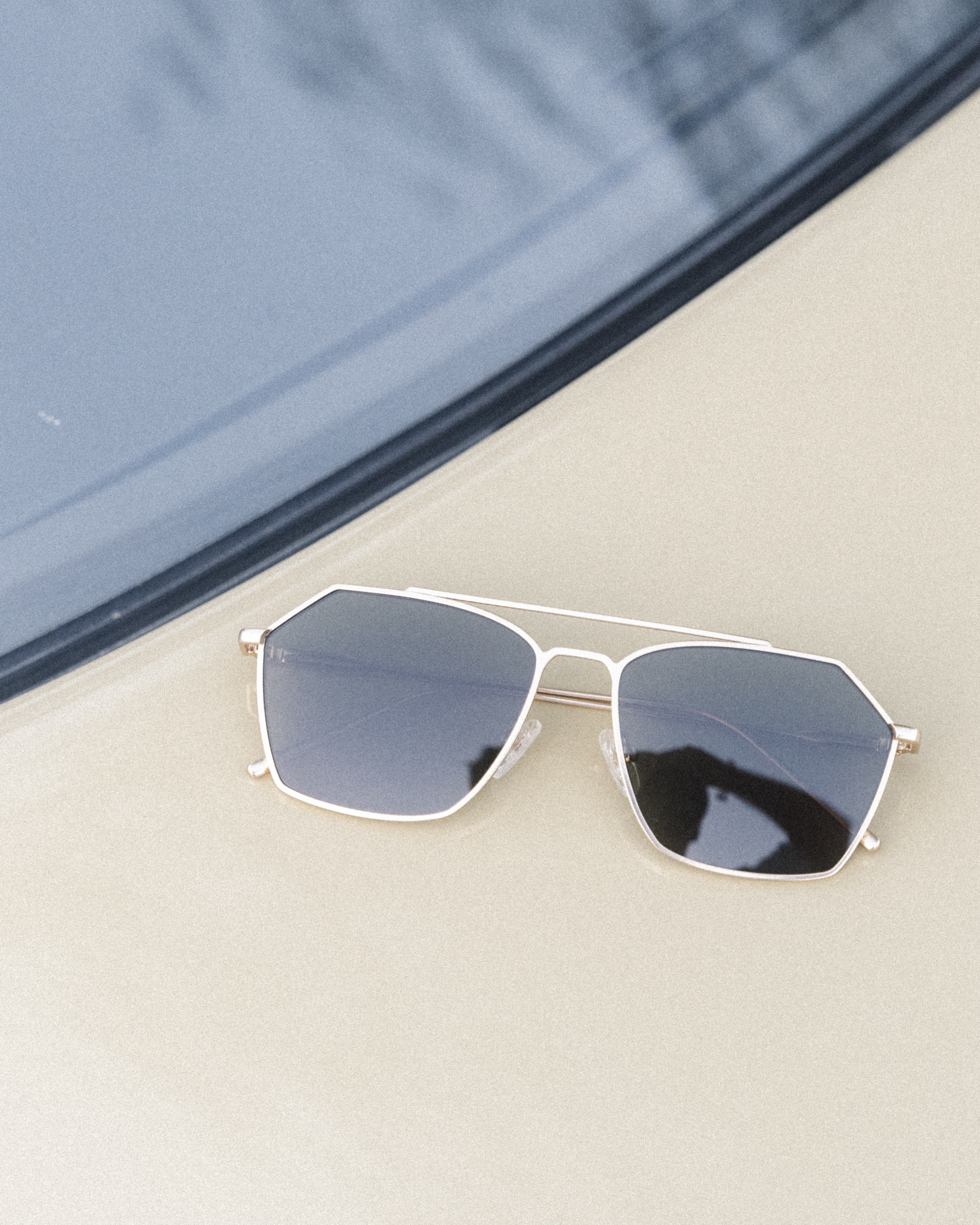A Comprehensive Guide on How to Choose Your Eyeglass Lenses
Introduction
How to choose eyeglass lenses is often a matter of much debate and speculation when you require a new pair of glasses. Choosing the appropriate eyeglass lenses is vital for optimal vision and the feeling of comfort. Whether you’re farsighted or nearsighted or suffer from other vision issues, choosing the ideal lenses can relevantly affect your way of living.
Many of us who start wearing eyeglasses get flummoxed at the choices available and often find it a challenge to make the right decisions. If only there was a comprehensive guide to help! Well, you can use this guide to walk you through the task of finding the perfect eyeglass lenses. Consider options that match your budget and, more than that, are suitable for your vision needs.
This complete eyeglass lens guide navigates your path through types of lenses, materials, coatings, lifestyle aspects, prescription factors, and frequently asked questions. With all this information in your bag, you can make an informed decision.
 Close-up shot of eyeglasses (EYE00439-3)
Close-up shot of eyeglasses (EYE00439-3)
Understanding Different Types of Eyeglass Lenses
Single-Vision Lenses
- Single-vision lenses possess a uniform prescription in the complete lens. They work to correct vision issues due to nearsightedness or farsightedness. These are the most basic types of eyeglass lenses you get on the market today.
- These are good for people with a single visual problem and those who do not require any additional magnification for the purpose of reading or intermediate-distance vision. If you want the most fundamental pair of affordable eyeglass lenses, you can choose these, and how to choose eyeglass lenses becomes that much easier.
Bifocal Lenses
- Bifocal lenses have two distinct areas. These lenses provide correction for near vision and distance vision.
- The upper portion of the lens is responsible for correcting distance vision, while the lower part corrects near vision and aids in tasks such as reading.
Trifocal Lenses
- Trifocal lenses have three clear areas. One of these is for distance vision, the other is for intermediate vision (e.g., for computer use), and the third is for near vision.
- These lenses are suitable for those people needing correction at different focal distances. As many people exhibit visual issues requiring trifocal lens correction, any eye lens guide will suggest these for complete and perfect visibility.
Progressive Lenses
- Progressive lenses provide a seamless and gradual progression of prescription strengths, getting rid of the visible lines seen in other lens types, like bifocal or trifocal lenses. If you want to know how to choose eyeglass lenses that are aesthetically superior, you may opt for progressive lenses.
- These lenses suit those people who require correction at multiple visual distances but prefer the appearance of a smooth and natural look. In any eye lens guide, you will probably see a mention of these lenses being more expensive than other eyeglass lenses.
 Man wearing eyeglasses (Prestigue_Spectus_226706 (1))
Man wearing eyeglasses (Prestigue_Spectus_226706 (1))
Material of Lenses: Pros and Cons
The lens material you wish to buy is an important consideration, as this may likely affect the durability and cost of your lenses. Additionally, if you understand how to go about choosing eyeglass lens material, you will be better prepared to make a decision. The key lens materials, features, and pros and cons are mentioned so that the process of how to choose eyeglass lenses becomes seamless for you.
Plastic Lenses
- Pros: Plastic lenses are revolutionary in that they prove to be lightweight and very comfortable for the wearer. These lenses are also affordable nowadays and are ideal for moderate eye prescriptions.
- Cons: These lenses are best suited if you have a moderate prescription and may not be suitable for very high or low prescription strengths. Also, these lenses tend to be less impact-resistant than other materials.
Polycarbonate Lenses
- Pros: These are highly impact-resistant and great for children or active people. They are also thinner and more lightweight than plastic lenses. An added boon is that they offer UV protection.
- Cons: These lenses may be on the expensive side.
High-Index Lenses
- Pros: These lenses are even thinner and more lightweight than polycarbonate lenses. They are perfect for strong eye prescriptions, as they reduce weight and lens thickness.
- Cons: The lenses are highly expensive. In choosing eyeglass lens material, you should prioritize comfort and safety as you may be wearing eyeglasses for the better part of your day.
Glass Lenses
- Pros: These offer excellent optics and are scratch resistant. They are also very affordable.
- Cons: As the lenses are quite heavy, they may be less used.
 A couple wearing eyeglasses (SN2)
A couple wearing eyeglasses (SN2)
Exploring Lens Coatings: Anti-Reflective, Scratch Resistant, UV Protection, and More
Understanding lens coatings and benefits is imperative, as these let you wear your lenses with ease and convenience. You also get to know how to care for your lenses adequately, and how choosing eyeglass lenses becomes a hassle-free process. Here are the key lens coatings you should know about:
Anti-Reflective Coating
- Anti-reflective coating on prescription lenses reduces reflections and glare on the surfaces of lenses, boosting visual clarity.
- Aids in the reduction of eye strain in the course of prolonged night driving or computer use.
Scratch-Resistant Coating
- Protects your lenses from minor scratches, actively extending their lifespans. Prescription lenses are worn for long durations, and their prices tend to go up with each passing season. It is important to protect them and increase their durability.
- Recommended for use with all materials of lenses.
UV Protection Coating
- Protects eyes from dangerous UV rays.
- Essential for safeguarding eyes from potential damage in the long term.
While determining how to choose eyeglass lenses, you must factor in UV protection coating, as this is a primary concern if you are outdoors a lot.
 Woman wearing eyeglasses (Windsor_7831)
Woman wearing eyeglasses (Windsor_7831)
Blue Light Filtering Coating
Today, almost everyone spends a large amount of time on digital devices, with exposure to screens for long spans. Understanding lens coatings may be the turning point of wearing eyeglasses as you can prevent the harmful effects of blue light.
- Filters out harmful effects of blue light generated by digital screens.
- Reduces eye strain from digital device use and sleep disturbances.
 Woman wearing blue light eyeglasses (EYEYA1000)
Woman wearing blue light eyeglasses (EYEYA1000)
How to Choose the Right Lenses for Your Prescription
If you have wound up with prescription lenses, you have a challenging choice ahead of you. An appropriate understanding of how to choose eyeglass lenses can help you to opt for the lenses best suited to your eyes and your purse. Here are some vital elements to keep in mind:
- Consider the advice of your optometrist/eye care professional according to your prescription.
- Discuss your distinctive lifestyle, employment/occupation, and leisure activities/hobbies/sports to determine the best possible lens aspects and features.
Any constructive eye lens guide will also account for particular vision requirements, like sports, outdoor activities, computer use, etc.
Check out Eyewa and its huge range of products to make your choice easy on the eyes!
FAQs for Eyeglass Lenses
Can I get all prescription lens types in all materials?
The material of your eyeglass lenses does not alter the corrective strength or power in your eyeglasses. Instead, the material of eyeglasses offers you various lifestyle and cosmetic advantages. They can also provide protection of different kinds depending on their purpose.
Are progressive lenses difficult to adapt to?
Several eyeglass wearers tend to avoid opting for progressive lenses as rumors say they are hard to get used to. Nonetheless, when you understand how to choose eyeglass lenses, you can make informed decisions about whether you need progressive lenses. If you do, they may take some getting adjusted to initially, but you can get used to them quite quickly. It usually takes a week or a little more to get adapted to wearing these lenses.
How often should I replace my lenses?
If you wish to follow the advice of a thorough eye lens guide, you will understand that it is vital for you to have regular eye check-ups and reviews. In case your strength or power of eyeglass lenses changes, you must replace your older lenses with the new power. Some optometrists advise you to get regular eye checks done once a year. Apart from this, you may get your lenses replaced if they undergo any damage. Damage includes stains, scratches, breaks, etc. Damage to your lens may hamper your vision and impair it in the future.
Can I add coatings to any type of lens?
Usually, you can add coatings to any type of lens, but before you make decisions, take the advice of your eye care specialist first.
Which is the best coating for my eyeglass lenses?
You may opt for coatings depending on your individual needs and purposes. Consequently, the “best” coating for your lenses may be the one that suits you individually.
Conclusion
Selecting the correct eyeglass lenses is vital for vision and comfort. Understanding various lens types, coatings, and materials on offer empowers you to make an educated decision. You should consult with your eye doctor to get the perfect lenses for your particular requirements and enjoy comfortable and clear vision in daily activities. It’s a must to prioritize eye care and vision correction to maintain robust eyesight for the future.




